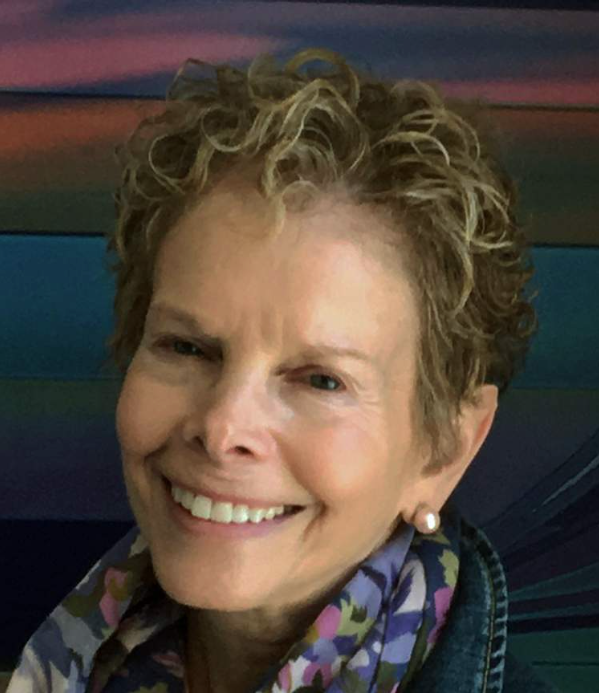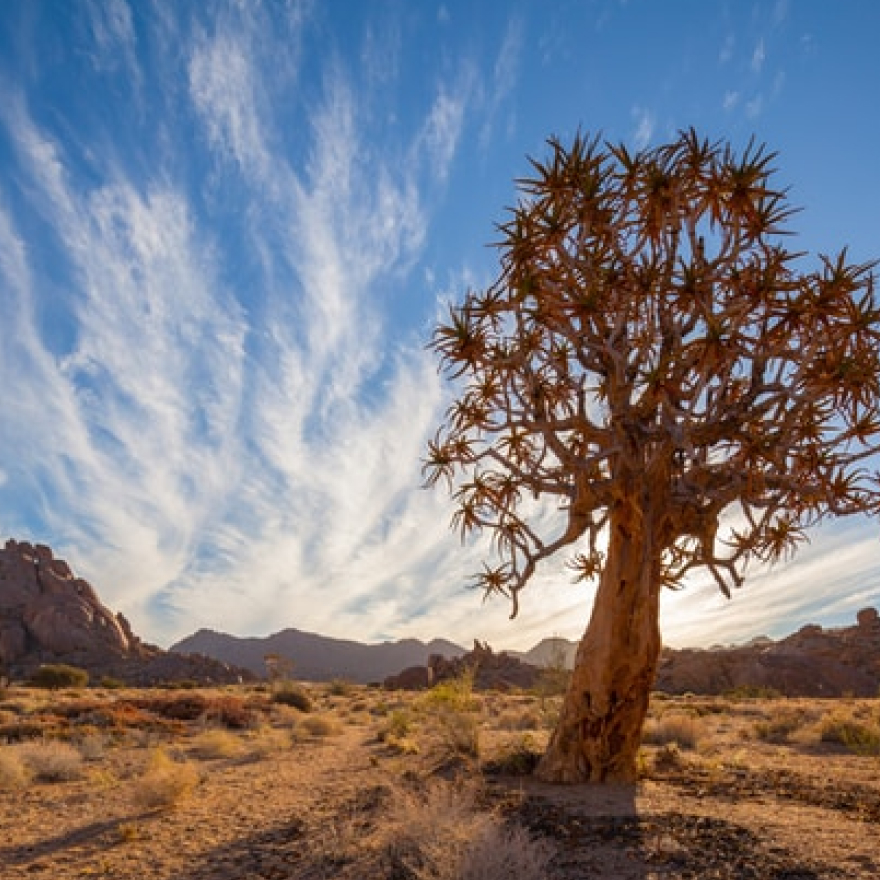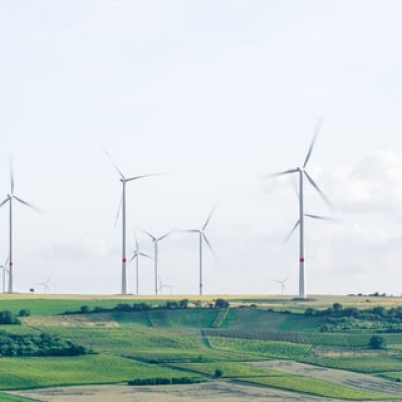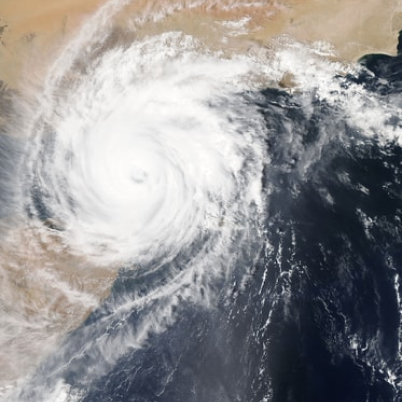Ergon Theatre is a Manchester based company that makes performance based work about the climate crisis and futures. We want to make climate science more accessible to people in entertaining, educational and empowering ways. We believe that the arts have a responsibility to be a unique and powerful, communicating bridge between the scientific community and the public.
A lot of our work focuses on the finite pool of worry theory; the idea that we all have a limited amount of space in our brains to be able to worry about things. As a result, our work looks less at the well established climate/environmental lenses of polar bears, oil spills and plastics – and instead looks closely at the human stories within the conversation.
Climate science and academic research is so important to the climate movement. Yet as fascinating as it is, for many people the intellectual research papers, lines and graphs can be hard to digest and even harder to relate to. We need to find new ways to effectively communicate the threat of the climate crisis that more people can relate to on a human and emotional level, not just intellectually.
If science is the ‘mind’ then art is the ‘heart’. Art has the capacity to express in more abstract and emotional ways that are intrinsically human. That is where Ergon Theatre comes in. We see it as our responsibility to support the science community in getting its world changing research out into the public domain.
We need more artists committing to making work about the climate crisis in order to diversify and amplify the conversation. If we are to make real and positive steps to change the climate crisis, we need diversity and inclusivity to be at the forefront of our conversations and problem solving. One person’s obstacle to making positive change is not just their obstacle, it is everyone’s obstacle. We must work together to share the weight of change equally and that is only going to be possible through open, honest and inclusive conversation.
As artists, we work in the trade of communication. That ultimately is why we need Ergon Theatre. Communication is the cornerstone of our society and it stands to be it’s saviour too.
Our debut mainstage show is called ‘The Wicked Problem’ and is premiering during COP26 at Contact Theatre (3-6 November) and then for one night only at Lancaster Arts (9 November).
‘The Wicked Problem’ is a show about climate justice, set in the year 2061. Our audience are invited as jury members to the trial of Alex Hummel who is the first person to have broken the new Ergon climate laws. The jurors will have to decide whether Alex deserves to be punished for breaking this law or whether their actions were justified as they were just doing what they had to do to survive.
Would you put your loved ones or the planet first? It’s a wicked problem.
‘The Wicked Problem’ has been supported by Julie’s Bicycle, Arts Admin, C-Change, Arts Council England, Paul Hamlyn Foundation, Contact and ReCon Young Producers as a part of Julie’s Bicycle, Season For Change.
Tickets for our Manchester shows (3-6 November) can be found here: https://contactmcr.com/shows/ergon-theatre-the-wicked-problem/
Tickets for our Lancaster show (9 November) can be found here:
https://www.lancasterarts.org/whats-on/event/ergon-theatre-the-wicked-problem/
Alongside looking to run more workshops, speak at more festivals and delivering carbon literacy training, we are developing a new one person, spoken word show with rap, live music and visuals that tells the story of our ocean in the future by adapting the epic poem ‘Rime of the Ancient Mariner’ by Samuel Taylor Coleridge.
Looking much further into the future, Ergon Theatre wants to create a huge warehouse show that welcomes, interacts with and fully immerses audiences into the future Ergon world where life has become very restricted due to the climate crisis and systemic change. Our ambition is to make large scale shows that can reach wide and diverse demographics and spark large scale and meaningful conversation about the climate crisis in fun and captivating ways. We can sometimes focus too much on the doom and gloom of the crisis but there are ways of tackling the issue without impacting on our mental health.
You can contact us via our website www.ergontheatre.co.uk or through our social media: IG/Twitter @ergontheatre
You can try contacting us via carrier pigeon but we cannot guarantee we will reply.

Using contemporary art as a vehicle to enhance the public’s understanding of the facts about climate change.

Climate and tropical cyclone researcher and science educator.

2/3/21
Human-induced climate change, driven by increasing emissions of atmospheric greenhouse gases, remains an ever-increasing issue at the centre of climate science whilst also having implications for society, policymakers and governing-bodies.

1/3/21
A new law on climate change and the energy transition is about to come to light in Spain, with the aim of limiting global warming to 1.5 degrees and meeting the pledges made by the European Union at the Paris Agreement.

19/1/21
As I drove by the bridge on the river Yamuna, it looked calm, serene, and inviting. However, getting closer, the unmistakable smell of decay greeted me. The banks were full of rubbish and the river was black. The stillness of the calm and serene river turned out to be death.

15/6/20
Most of us engage with weather forecasts when we’re trying to plan our weekends, but they can also help us understand and cope with our rapidly changing climate.